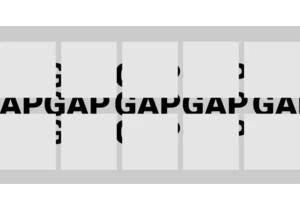My thesis for today's article offers further reassurance that inline conditionals are probably not the harbinger of the end of civilization: I reckon we can achieve the same functionality right now with style queries, which are gaining pretty good browser support.
The What If Machine: Bringing the “Iffy” Future of CSS into the Present originally published on CSS-Tricks, which is part of the DigitalOcean family. You should get the newsletter.
https://css-tricks.com/the-what-if-machine-bringing-the-iffy-future-of-css-into-the-present/
Connectez-vous pour ajouter un commentaire
Autres messages de ce groupe

Styling the space between layout items — the gap — has typically required some clever workarounds. But a new CSS feature changes all that with just a few simple CSS properties that make it easy, ye

Being the bad boy I am, I don't take Tailwind's default approach to cascade layers as the "best" one. Over a year experimenting with Tailwind and vanilla CSS, I've come across what I believe is a b


KelpUI is new library that Chris Ferdinandi is developing, designed to leverage newer CSS features and Web Components. I've enjoyed following Chris as he's publishe

The CSS if() function enables us to use values conditionally, which we can already do with queries and other functions, so I’m sure you’re wondering: What exactly does if()

The CSS if() function was recently implemented in Chrome 137, making it the first instance where we have it supported by a mainstream browser. Let's poke at it a bit at a very high lev

Zell discusses refactoring the Resize, Mutation, and Intersection Observer APIs for easier usage, demonstrating how to implement callback and event listener patterns, while highlighting available o
